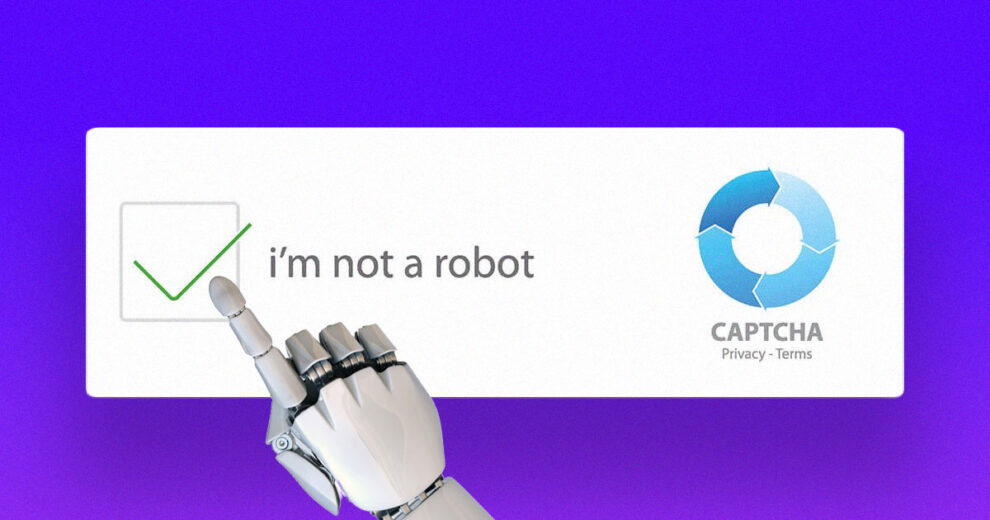The seemingly simple tests that ask users to identify distorted text, select specific images, or solve puzzles have long been a cornerstone of online security. CAPTCHA, which stands for “Completely Automated Public Turing test to tell Computers and Humans Apart,” was designed to differentiate between human users and automated bots.
However, recent advancements in AI, particularly in the field of machine learning, have enabled AI systems to achieve near-perfect accuracy in solving CAPTCHA challenges. This development raises concerns about the effectiveness of CAPTCHA as a security measure and highlights the need for more robust alternatives.
The Mechanics of AI’s CAPTCHA Conquest
AI’s ability to crack CAPTCHA is rooted in its capacity to learn and adapt. Machine learning algorithms can be trained on vast datasets of CAPTCHA challenges, enabling them to recognize patterns and develop strategies for solving even the most complex tests.
Some key factors contributing to AI’s success include:
- Image recognition: AI systems can analyze and interpret distorted text and images with remarkable accuracy, often surpassing human capabilities.
- Pattern recognition: AI can identify underlying patterns in CAPTCHA challenges, allowing it to anticipate and solve future tests.
- Adaptability: AI algorithms can evolve and improve over time, making them increasingly effective at cracking CAPTCHA.
The Implications for Online Security
The ability of AI to bypass CAPTCHA tests has significant implications for online security. CAPTCHA has long been used to protect websites and online platforms from automated attacks, such as spam, account creation bots, and brute-force login attempts.
With AI capable of cracking CAPTCHA, these protections are becoming less effective. This could lead to an increase in malicious activities online, potentially impacting businesses, individuals, and the overall internet ecosystem.
The Need for New Security Measures
The rise of AI-powered CAPTCHA solvers underscores the need for more robust and dynamic security measures. Traditional CAPTCHA challenges, which rely on static images and puzzles, are becoming increasingly vulnerable to AI attacks.
To combat this threat, website owners and developers need to explore alternative security solutions that are less susceptible to AI exploitation. Some potential options include:
- Behavioral analysis: Analyzing user behavior patterns to identify bots
- Biometric authentication: Utilizing fingerprints, facial recognition, or other unique identifiers
- Multi-factor authentication: Requiring multiple forms of verification, such as passwords and one-time codes
- Adaptive CAPTCHA: Dynamically adjusting the difficulty of CAPTCHA challenges based on user behavior
The future of online security is likely to involve a combination of AI-powered solutions and human oversight. While AI can be a powerful tool for both attack and defense, human intervention will remain crucial in identifying and mitigating new threats.
The ongoing battle between AI and CAPTCHA serves as a reminder of the constantly evolving nature of cybersecurity. As technology advances, so too must our defenses. By embracing innovation and staying vigilant, we can ensure a safer and more secure online environment for all.




